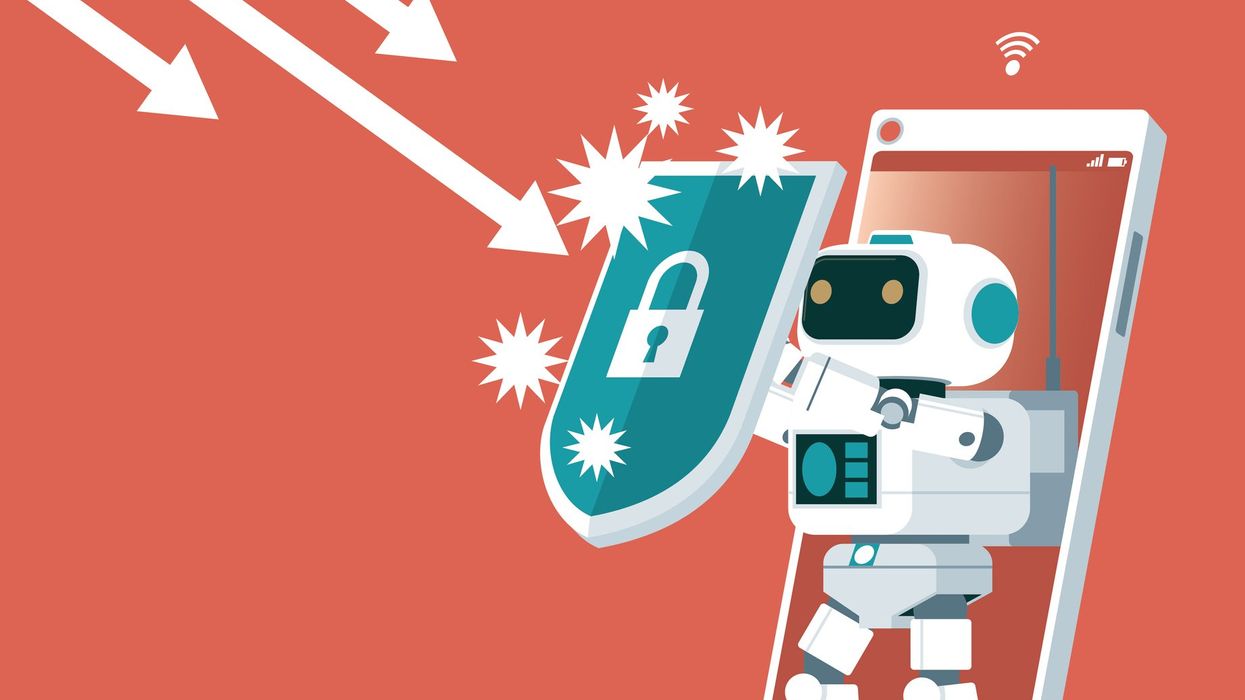
sorbetto/Getty

Editor's note: We're facing an unprecedented moment in American history. Our government and multinational tech monopolies are making it clear that we, the people, are the target of the monstrous surveillance state they've constructed. The deep state is attempting to jail people who share memes, Blaze Media journalists, and even the leading presidential candidate. It's time we take back control over our privacy and digital communications, and this guide will provide you with the tools to do that. This is an excerpt from a larger guide.
Since most of us use phones or tablets as much as or more than we use computers, securing your mobile devices is an essential part of guarding your privacy and protecting yourself from surveillance and behavior modification.
We’ve already discussed the importance of using a secure text messaging service like Signal. Many of the steps for your computer apply to your phone:
In general, be as careful with your phone as you would be with your computer. The reality is that our phones are the place where a lot of our time is wasted, where our data is collected, and where behavior modification happens. Don’t just secure your computer. Secure your phone.
- YouTube youtu.be
Michael Matheson Miller